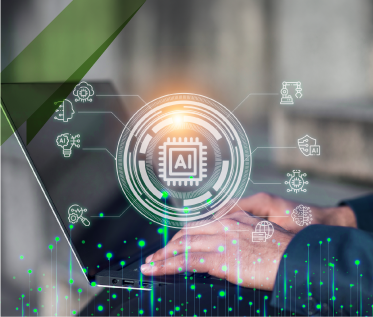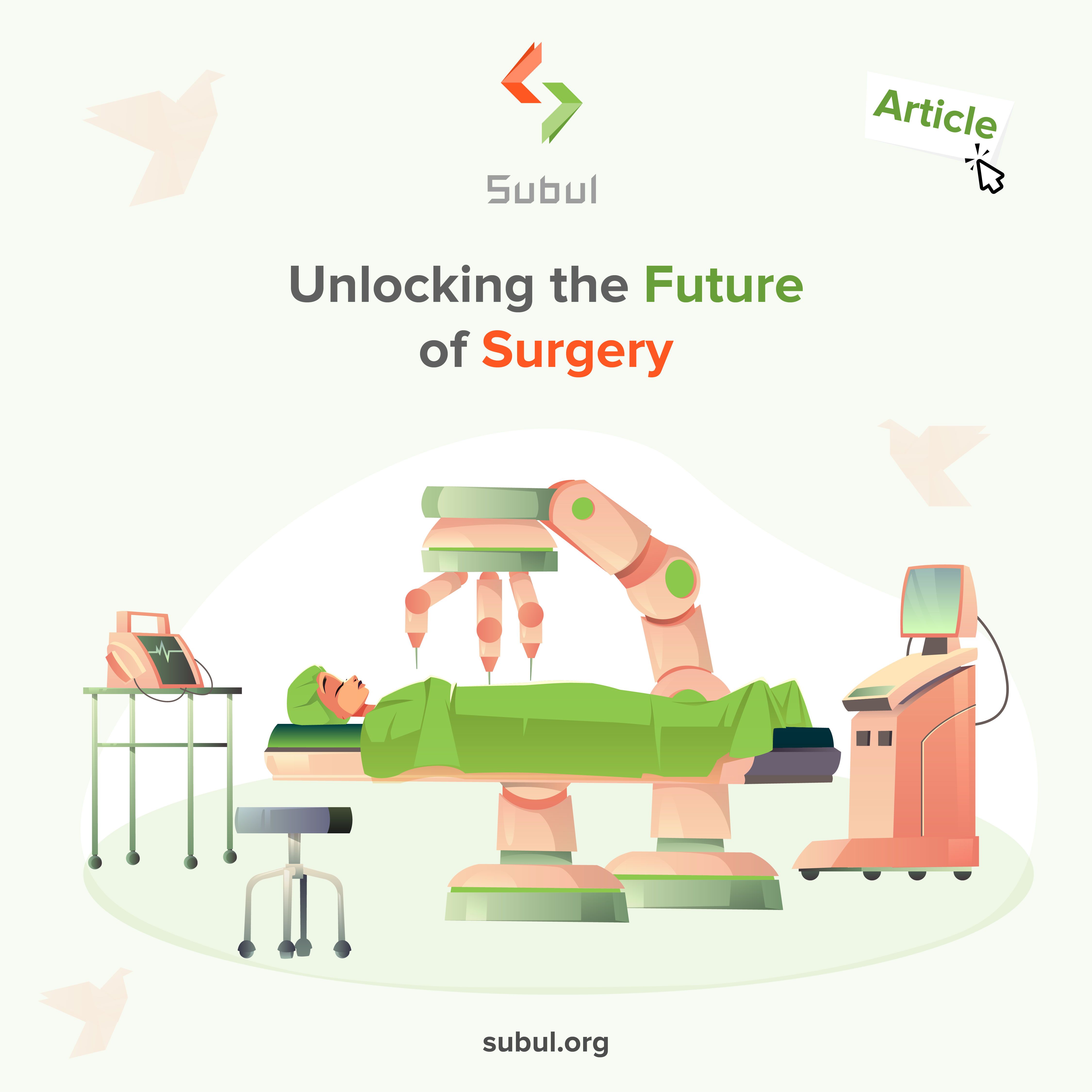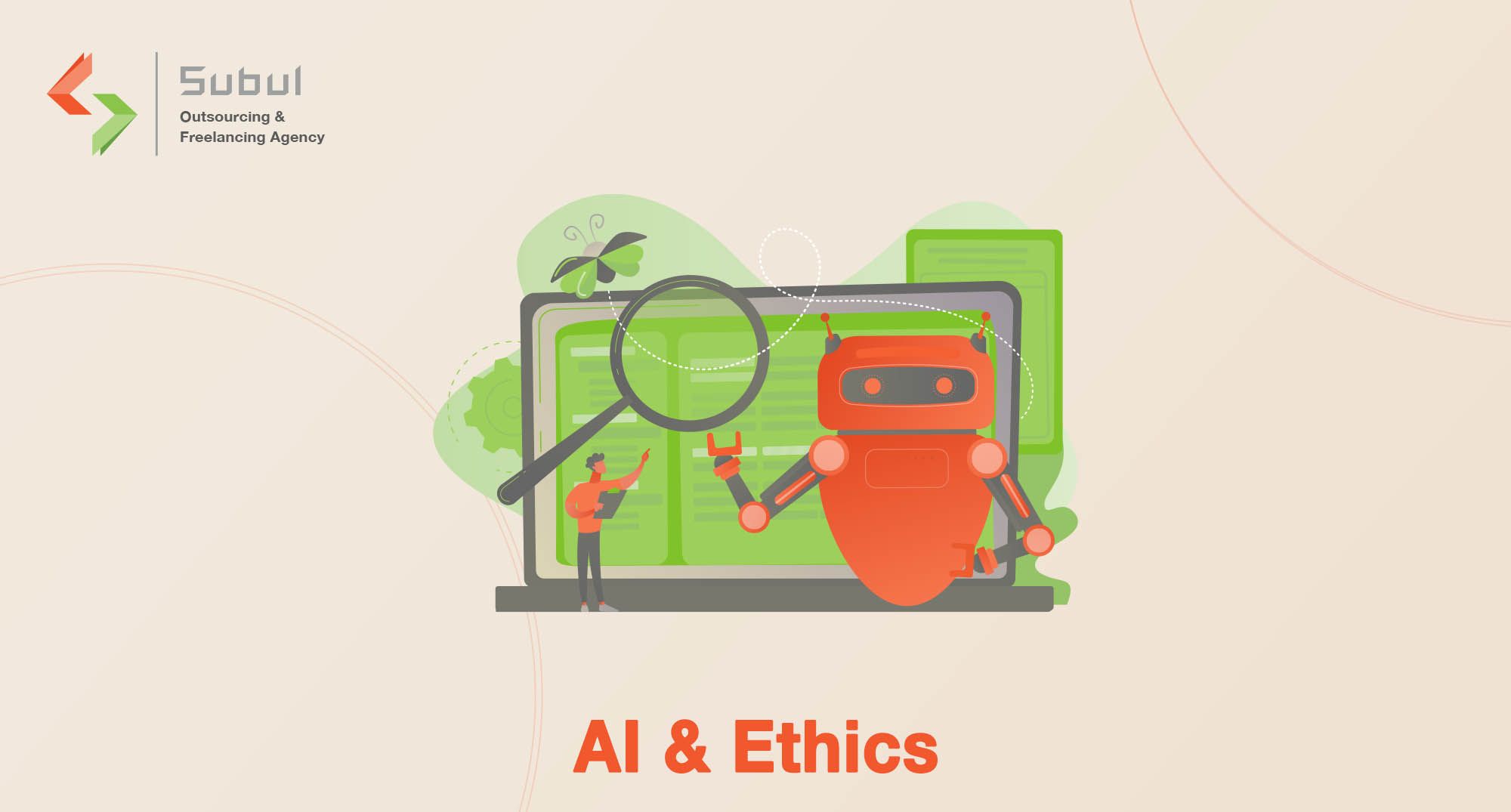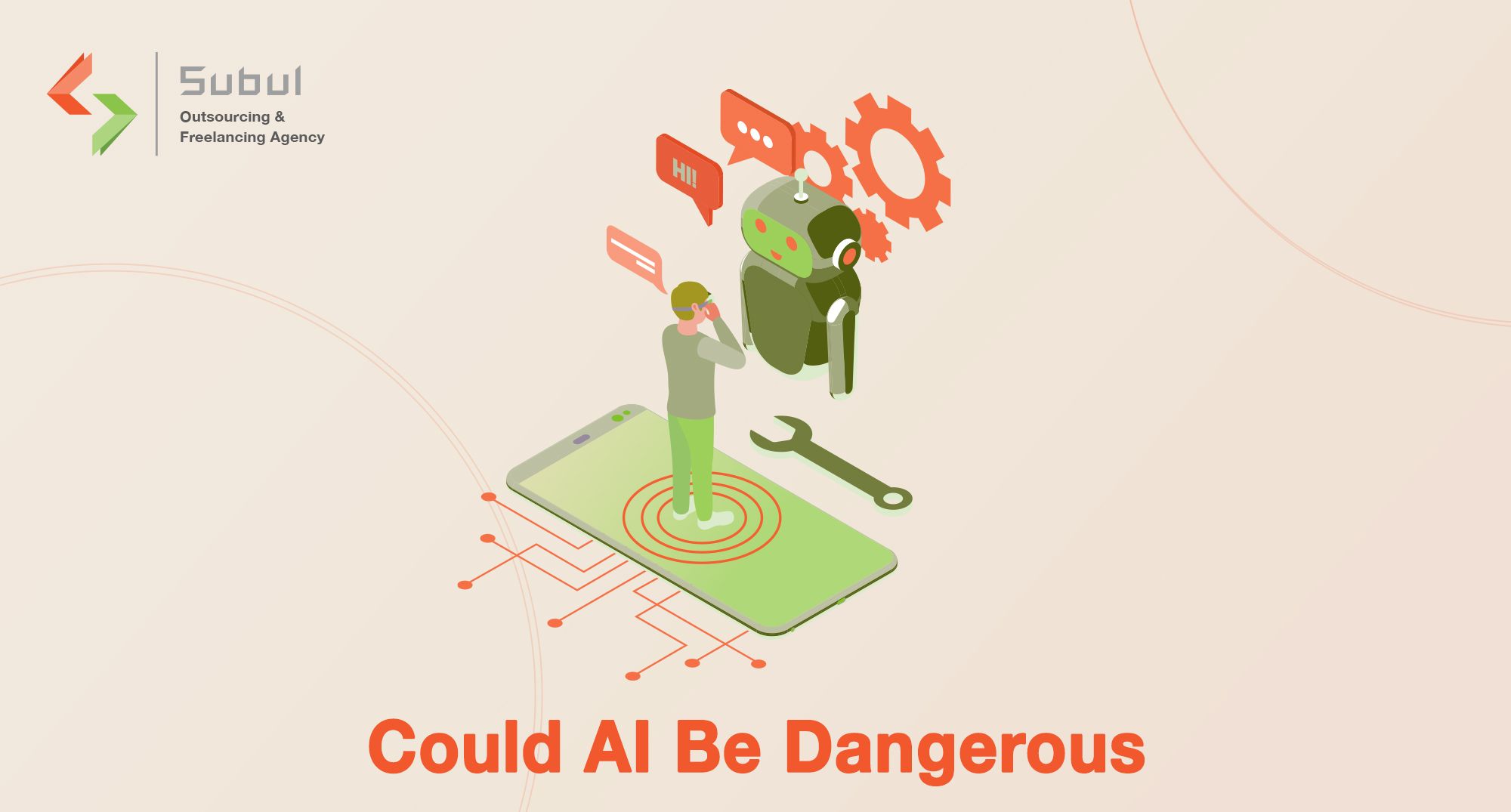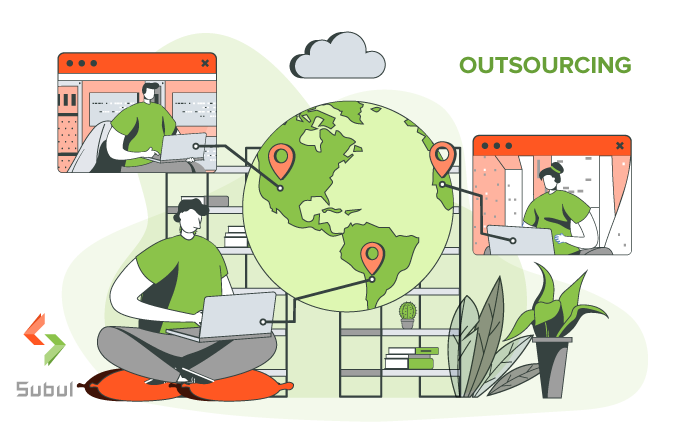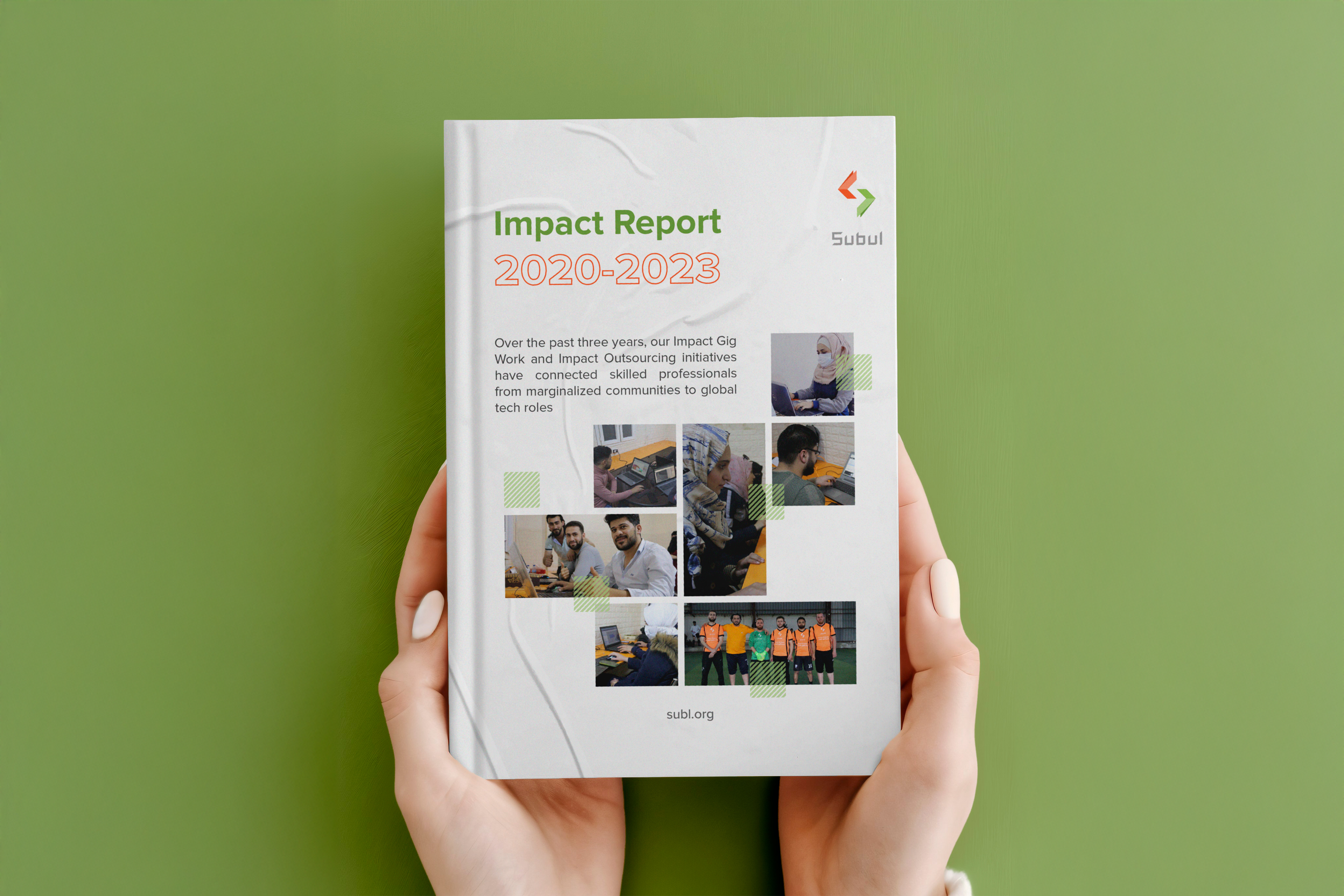Artificial intelligence (AI) has become a game-changer in the automotive industry, transforming the way we design, develop, and operate vehicles. From advanced in-vehicle technologies to predictive maintenance mechanisms, AI is reshaping the entire automotive lifecycle. This article explores how AI is revolutionizing the industry, particularly in terms of safety enhancements and efficiency improvements.
Increasing Passenger Safety with AI
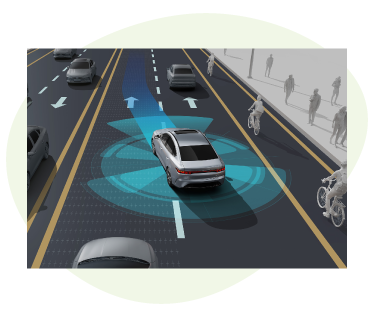
Human error is a significant contributor to motor vehicle crashes, accounting for at least 90% of accidents, as reported by Stanford Law School.
Driver negligence, such as speeding, distracted driving, and drunk driving, plays a substantial role in these incidents. However, automated vehicles and driver-assisting technologies powered by AI have the potential to eliminate human error, thereby reducing road accidents, preventing injuries, and saving lives.
AI applications for driver safety and assistance encompass a wide range of functions.
These include AI-generated dialogue, providing drivers with real-time weather and traffic updates, and advanced safety detection systems.
An ongoing development in the industry involves a system that alerts drivers seven seconds in advance, prompting them to regain control over the wheel. By deploying autonomous vehicles, the U.S. National Highway Traffic Authority estimates potential savings of USD 300 billion by 2025, predominantly through collision reduction and safer driving practices.
Safety Features and Autopilot Functionality
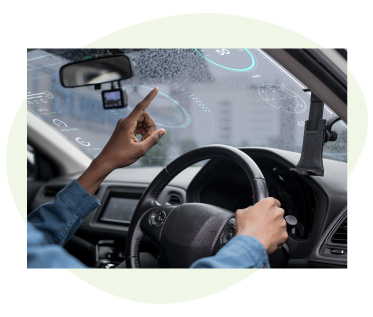
Modern vehicles already incorporate advanced safety features designed to assist drivers in specific circumstances.
These include autopilot functions, collision avoidance systems, pedestrian and cyclist alerts, cross-traffic alerts, and automatic braking.
These safety features leverage AI algorithms to enhance real-time decision-making and response capabilities.
Autonomous vehicles, utilizing AI technologies, are equipped with an autopilot function that assists drivers on the road.
Through the use of high-definition cameras, radar, and LIDAR, these vehicles can detect and react to their surroundings.
This includes identifying traffic lights, cyclists, pedestrians, and other objects. The continuous learning capabilities of AI systems enable them to adapt and react based on past experiences, improving overall driving safety.
Predictive Maintenance for Improved Safety
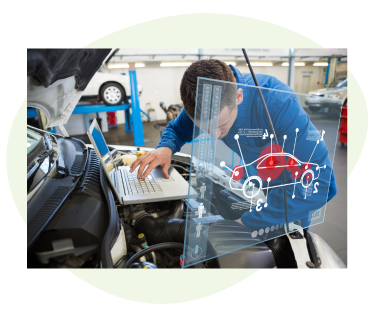
Unforeseen vehicle breakdowns can be bothersome and potentially dangerous.
Traditional diagnostic systems often detect problems after they have occurred, necessitating reactive maintenance.
However, AI-driven predictive maintenance analyzes and compares historical vehicle data to identify faults before they happen. By proactively addressing potential issues, AI enables a more efficient and safer road experience.
Automotive technology companies are actively collecting various types of vehicle data to build comprehensive and reliable datasets. This data-driven approach allows for enhanced implementation of predictive maintenance mechanisms, further advancing road safety and minimizing unexpected vehicle malfunctions.
AI and Sustainability in the Automotive Industry

In addition to safety enhancements, AI is also contributing to sustainable practices within the automotive industry.
AI-powered systems can optimize fuel efficiency by analyzing driving patterns and suggesting more eco-friendly routes. Furthermore, AI algorithms can aid in the development of electric and hybrid vehicles, optimizing battery usage and range.
AI's ability to collect and analyze large volumes of data also enables better understanding of environmental impacts. By monitoring emissions and vehicle performance, manufacturers can identify areas for improvement and develop greener solutions.
The Future of AI in the Automotive Industry
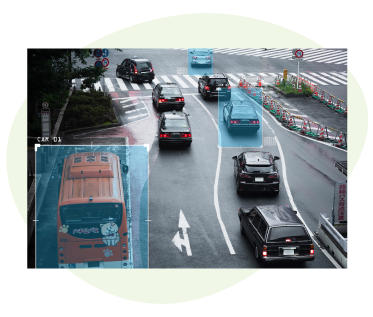
The future of AI in the automotive industry is exceptionally promising. Ongoing advancements in AI technology continue to improve car safety systems and overall driving experience.
The widespread adoption of AI-based innovations holds tremendous potential, including collision prevention, reduced loss of time, safer roads, and enhanced visibility during night driving.
As AI's role in personal vehicles expands, we can anticipate further breakthroughs and advancements in the coming years. With the integration of AI, driving will become not only easier but also safer for everyone.
Conclusion
Artificial intelligence (AI) is revolutionizing the automotive industry, bringing about significant improvements in safety, efficiency, and sustainability.
From increasing passenger safety through driver assistance systems to enabling predictive maintenance mechanisms, AI-driven technologies are transforming the way we drive and interact with vehicles.
As the sector continues to expand, the implementation of AI-based innovations will pave the way for safer roads, sustainable practices, collision prevention, and enhanced driving experiences, ensuring a brighter future for the automotive industry.
FAQ
1- How does artificial intelligence (AI) enhance passenger safety in vehicles?
AI technologies in vehicles assist in reducing human error, a leading cause of accidents. AI-driven systems provide real-time updates, advanced safety detection, and automated driving features, ultimately enhancing passenger safety.
2- What are some examples of AI-powered safety features in modern vehicles?
Modern vehicles incorporate AI-powered safety features such as autopilot functions, collision avoidance systems, pedestrian and cyclist alerts, cross-traffic alerts, and automatic braking. These features leverage AI algorithms to improve decision-making and response capabilities.
3- How does AI contribute to predictive maintenance in vehicles?
AI-driven predictive maintenance utilizes historical vehicle data to identify potential faults before they occur. By proactively addressing maintenance needs, AI enables a more efficient and safer driving experience by reducing the risk of unexpected breakdowns.
4- Can AI help in making driving more sustainable?
Yes, AI plays a role in making driving more sustainable. AI algorithms can optimize fuel efficiency by analyzing driving patterns and suggesting eco-friendly routes. Additionally, AI aids in the development of electric and hybrid vehicles, optimizing battery usage and range.
5- What does the future hold for AI in the automotive industry?
The future of AI in the automotive industry is promising. Advancements in AI technology will continue to improve car safety systems, efficiency, and overall driving experiences. We can expect further breakthroughs in collision prevention, sustainable practices, and enhanced visibility for safer and greener roads.


